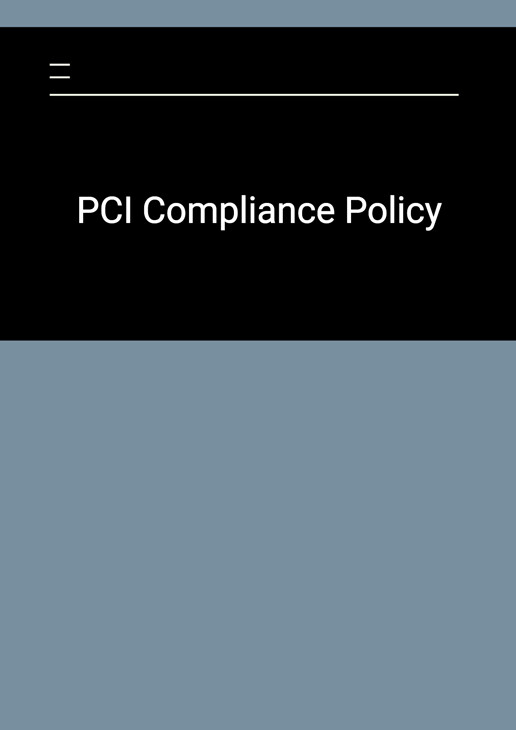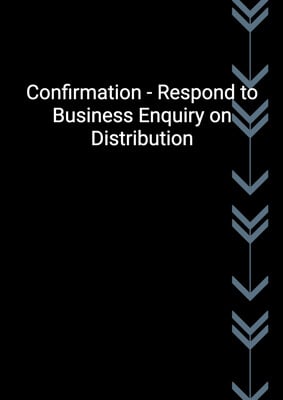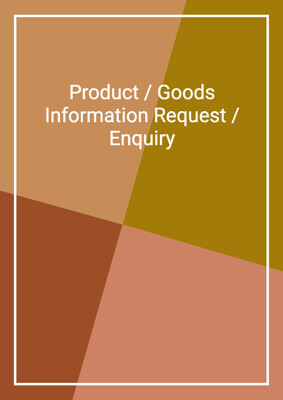How to Tailor the Document for Your Need?
01
Create Document
Click "Create Document" button and the document will be prepared with your account details automatically filled in.
02
Fill Information
Please fill in any additional information by following the step-by-step guide on the left hand side of the preview document and click the "Next" button.
03
Get Document
When you are done, click the "Get Document" button and you can download the document in Word or PDF format.
04
Review Document
Please review the document carefully and make any final modifications to ensure that the details are correct before publication / distribution.
Document Preview
Document Description
Protect your business and customer trust with our comprehensive PCI Compliance Policy template. In the digital era, where online transactions are integral, ensuring the security of payment card information is paramount. Our policy establishes guidelines for the secure handling of such sensitive data on your website, aligning with PCI DSS (Payment Card Industry Data Security Standard) requirements.
This policy not only safeguards your organization but also instills confidence in your customers, assuring them that their payment information is treated with the utmost care. It covers critical aspects, including data encryption for secure transmission, restrictions on data storage, access controls, network security measures, regular monitoring and testing, and security awareness training for personnel.
In the event of a security incident, our policy provides a structured incident response plan, ensuring a swift and effective response to mitigate potential risks. It emphasizes the importance of due diligence when engaging third-party service providers, ensuring they comply with PCI DSS requirements.
Regular compliance verification through internal audits and, if applicable, third-party assessments ensures the ongoing effectiveness of your security measures. Non-compliance consequences are outlined, highlighting the seriousness of adherence to these security protocols.
By implementing our PCI Compliance Policy, your business not only meets regulatory requirements but also builds a reputation for reliability and trustworthiness. Stay ahead of potential threats, secure your digital transactions, and fortify your commitment to protecting both your business and your customers
How To Use This Document?
Introduction: Begin by reviewing the introduction to understand the purpose and significance of the PCI Compliance Policy.
Scope Understanding: Clearly identify the scope of the policy, ensuring it covers all relevant personnel, systems, and processes on your website.
Compliance Requirements Check:Go through the PCI DSS compliance requirements section meticulously, addressing data encryption, access controls, network security, and more.
Incident Response and Reporting: Familiarize yourself with the incident response and reporting procedures in case of a security breach.
Third-Party Considerations: If your business involves third-party service providers, assess their compliance with PCI DSS and incorporate necessary due diligence measures.
Regular Monitoring and Testing: Understand the importance of regular monitoring, testing, and vulnerability assessments for maintaining a robust security framework.
Security Awareness Training: If applicable, implement ongoing security awareness training for all personnel accessing payment card data.
Incident Response Plan Activation: In the event of a security incident, refer to the incident response plan for structured procedures and reporting.
Compliance Verification: Regularly assess and verify compliance with PCI DSS through internal audits and, if applicable, third-party assessments.
Non-Compliance Consequences Acknowledgment: Understand the consequences outlined for non-compliance, emphasizing the seriousness of adherence to the policy.
Review and Revision: Periodically review and, if necessary, revise the policy to align with changes in technology, business processes, or PCI DSS requirements.
Not the right document?
Don’t worry, we have thousands of documents for you to choose from:
















































































